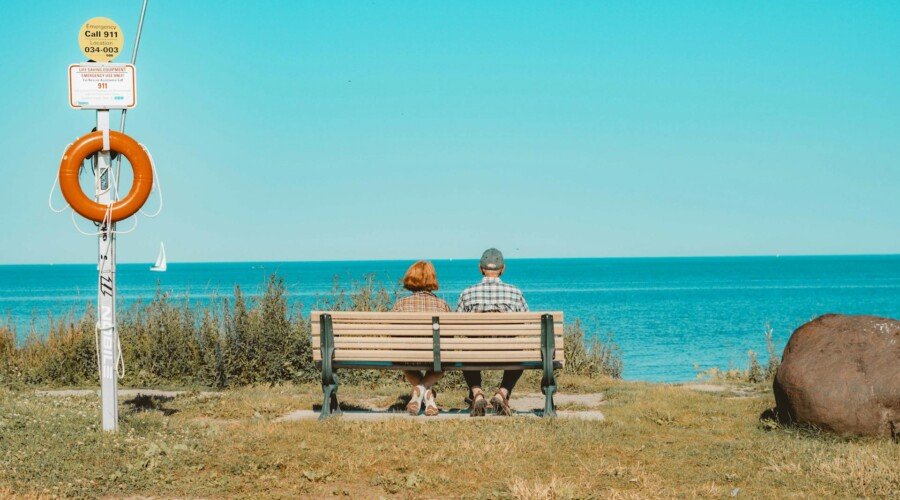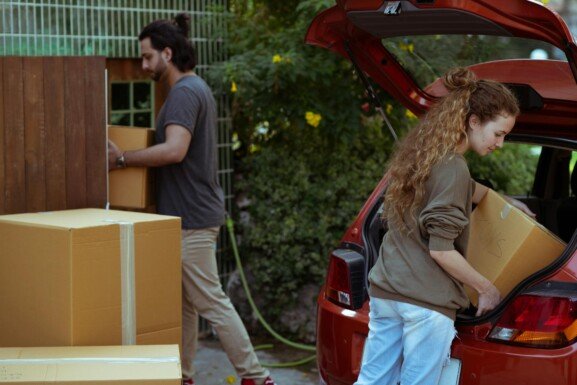Moving Abroad After Retirement: Best Countries for a New Chapter
Retirement has a funny way of showing up quietly. One day you’re rushing through morning traffic, counting down meetings, replying to emails on your lunch break. Then, without warning, the pace slows. Suddenly, you are drinking coffee at ten in the morning. There are no longer calls to take, no meetings to go to, and no one expects you to go online. That was the moment I asked myself, “Now what?”
I love the idea of change especially if it shakes up things. So, I have in mind or an idea to retire abroad—not just a vacation, but a real move, like a fresh start. It would be something smaller, maybe quieter, and hopefully, with a bit more sun.
Turns out, I’m not the only one. These days, more and more retirees are typing into search bars things like “Where can I retire abroad with a low cost of living?” or “Best countries to retire with good healthcare.” And it’s easy to see why. With a steady pension, a bit of curiosity, and some planning, the world opens up in a whole new way.
Why Portugal Stands Out for Retirees
Portugal is the top of the list and this is true for some who are traveling for leisure too. It’s beautiful, warm, and welcoming. The place has golden coastlines, mild winters, and a healthcare system that’s both good and affordable. I do not want to give up basic comforts and also didn’t want to keep living like I had one foot in the office. If you are like me, then this is was perfect.
In the Algarve, known for its small towns with peaceful beaches, I had the opportunity to experience welcoming locals, and seafood that’s so fresh the scent of the sea lingered on the plate. They speak English along the coast which makes communication easier. Still, I asked myself, “Is it easy to live in Portugal as an English-speaking retiree?” The simple answer is – yes! Absolutely.
There’s also the D7 visa, a type of long-term stay permit for folks with passive income. Whether it’s from a pension, rental property, or savings, it’s a smart option that many retirees have successfully used.
Choosing Mexico: Warmth, Culture, and Community
If you want to stay closer to North America, Mexico is for you. They are rich in culture and the cost of living is lower compared to the U.S. Plus, it is easier to find communities that feel like home.
I spent time in San Miguel de Allende and around Lake Chapala. You’ll find people of all ages and backgrounds, and yes, plenty of fellow retirees. There are clinics and hospitals with doctors trained internationally, and the food—well, I could go on and on about the food. Tacos, tamales, homemade soups… it’s the kind of place where meals aren’t just about eating, they’re about sharing.
A question I had early on was “Is Mexico safe and affordable for retired expats?” After visiting, I can say with care: yes, in the right places, with a little common sense, it absolutely is.
Why Thailand Is for the Adventurous at Heart
If you’re craving something different – Thailand might be for you. Known for its landscapes, warm people, and surprisingly efficient healthcare, it’s become popular among older travelers and long-term stayers.
Chiang Mai is both peaceful and lively. There’s a mix of retirees, younger people, and locals all sharing the space in a quiet harmony. Private hospitals are excellent too! And the living costs are low. If you’ve ever asked “Where can I retire and live comfortably on $1,500 a month?”—Thailand is the answer.
There’s also the Thai Retirement Visa for those over 50. It does require certain income or savings thresholds, but once you’re in, you’ll find life simpler than expected.
Other Places That Caught My Eye
Spain also came up during my search. With its sunny southern coast, walkable cities, and love for long lunches, it’s a comfortable shift for many retirees.
Costa Rica is for those who enjoy biodiversity, laid-back living, and want to be surrounded by nature. Many expats choose the Central Valley for its balance of services and climate.
Malaysia surprised me. With English widely spoken, great infrastructure, and its own retirement visa scheme (Malaysia My Second Home), it’s another option that might be worth a closer look.
Things to Consider Before You Go
Check the visa requirements. Every country has its own paperwork, and most require a consistent income, health insurance, or both.
Look into the healthcare system. Ask around. Join forums. Read real experiences. In some countries, expats use private healthcare while waiting for residency status to access public care.
Do a trial stay. I can’t stress this enough—what looks perfect on a blog might feel very different after a few weeks. Try to live like a local. Use local transportation. Shop at the local markets. Find out if the place feels right when the honeymoon phase wears off.
Join expat groups online. I often searched “retired expats living in [country]—what is it like?” The stories helped. The advice was gold. They’ll tell you what brochures don’t.
It’s Not About Escaping—It’s About Rebalancing
This isn’t about running away from something. It’s about leaning into something new. I didn’t want every day of retirement to feel like a waiting game. I wanted curiosity back in my life. A little challenge. A new rhythm.
There’s a quiet joy in learning the names of new streets. Or finding the best spot for your morning walk. Or sharing a meal with someone whose story is completely different from yours. These aren’t just details—they’re pieces of a life, freshly shaped.
Sure, there are things I miss. Grandkids, familiar faces, the smell of home after rain. But there’s also a lot I’ve gained. Space to breathe. Time to think. A different kind of peace.
If you’re thinking about moving abroad after retirement, don’t wait until you’ve got it all figured out. Start exploring. Start small. Ask questions. And when you’re ready, take the leap.
For helpful stories and real experiences from people just like you, check out Outplore. It’s a place to discover not just where to move—but how to feel at home when you get there.



